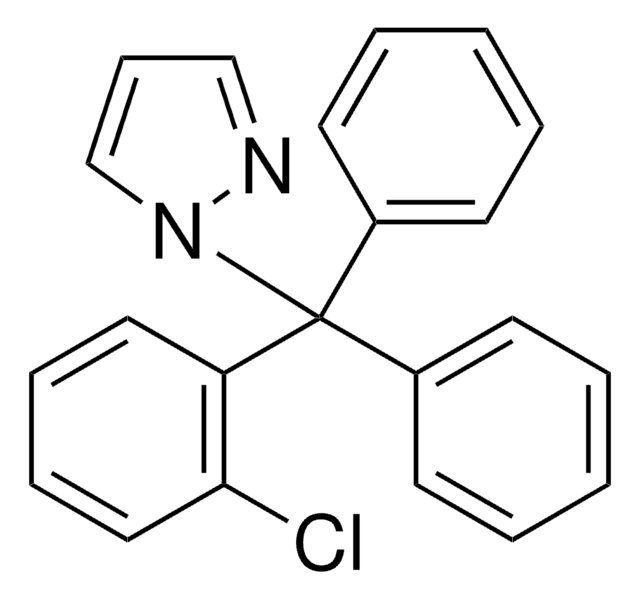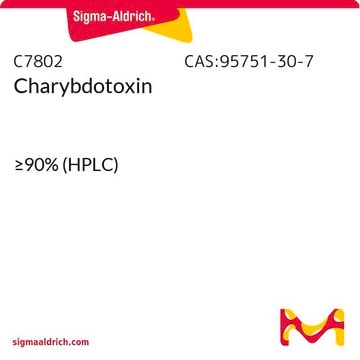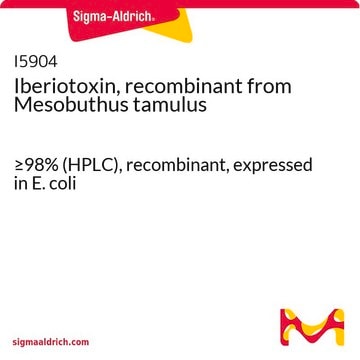U8881
UCL 1684 ditrifluoroacetate hydrate
Synonym(s):
6,12,19,20,25,26-hexahydro- 5,27:13,18:21,24-Trietheno-11,7-metheno-7H-dibenzo[b,m][1,5,12,16]tetraazacyclotricosine-5,13-diium ditrifluoroacetate hydrate
Select a Size
Select a Size
About This Item
Recommended Products
color
white to off-white
Quality Level
solubility
DMSO: 10 mg/mL
SMILES string
[H]O[H].FC(F)(C(O)=O)F.FC(F)(C(O)=O)F.C12=CC=CC=C1C(NCC3=CC=C(CNC4=CC=[N+](C5)C6=C4C=CC=C6)C=C3)=CC=[N+]2CC7=CC=CC5=C7
InChI
1S/C34H28N4.2C3H3F3O2.H2O/c1-3-10-33-29(8-1)31-16-18-37(33)23-27-6-5-7-28(20-27)24-38-19-17-32(30-9-2-4-11-34(30)38)36-22-26-14-12-25(13-15-26)21-35-31;2*4-3(5,6)1-2(7)8;/h1-20H,21-24H2;2*1H2,(H,7,8);1H2/b35-31+,36-32+;;;
InChI key
YROHEYZVNZITJN-DDVHGCDCSA-N
Related Categories
Application
Biochem/physiol Actions
Features and Benefits
Preparation Note
Storage Class
11 - Combustible Solids
wgk_germany
WGK 3
flash_point_f
Not applicable
flash_point_c
Not applicable
ppe
Eyeshields, Gloves, type N95 (US)
Choose from one of the most recent versions:
Certificates of Analysis (COA)
Don't see the Right Version?
If you require a particular version, you can look up a specific certificate by the Lot or Batch number.
Already Own This Product?
Find documentation for the products that you have recently purchased in the Document Library.
Our team of scientists has experience in all areas of research including Life Science, Material Science, Chemical Synthesis, Chromatography, Analytical and many others.
Contact Technical Service






